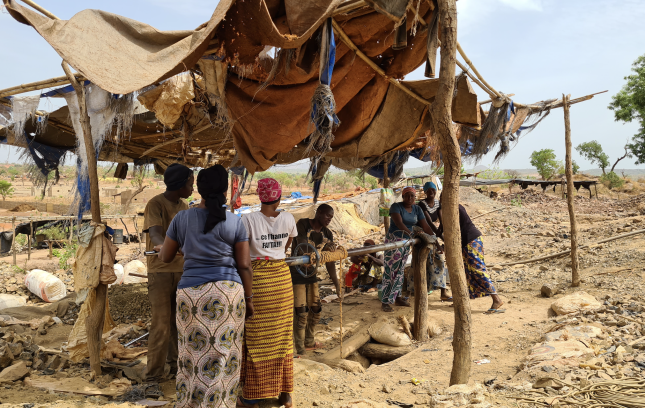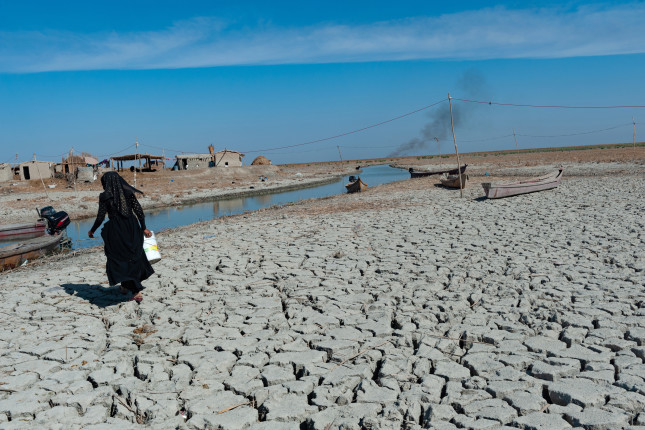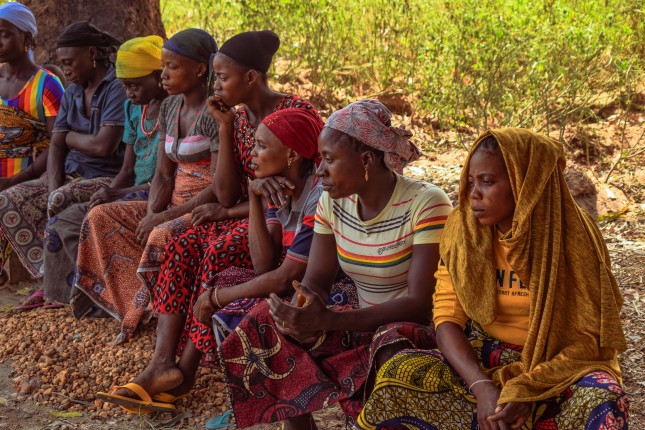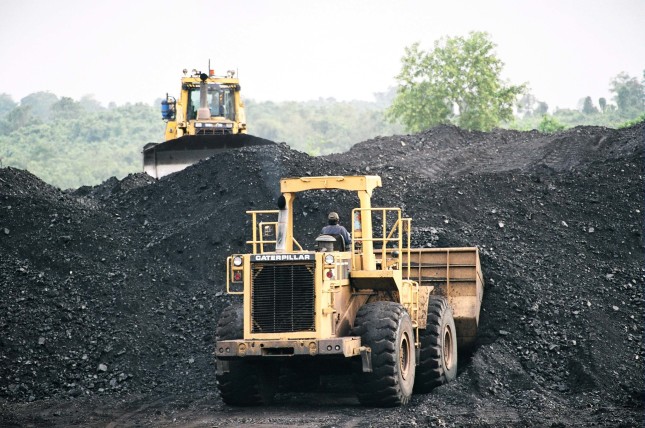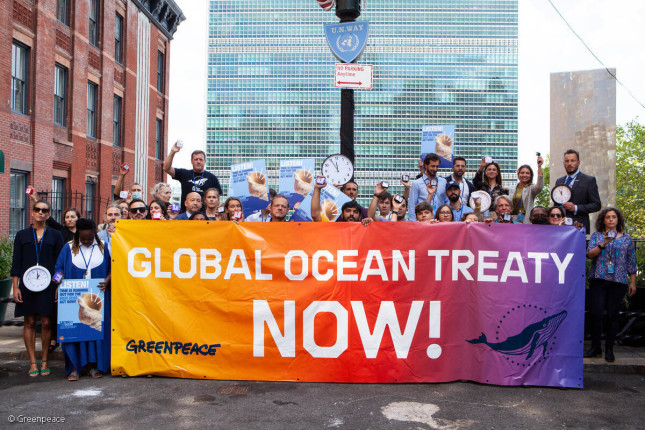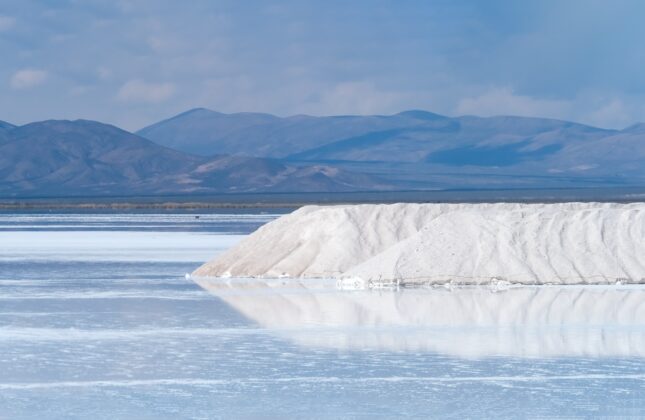-
Gender-Based Violence in Kenya’s Fisheries: Finding Structures and Solutions
›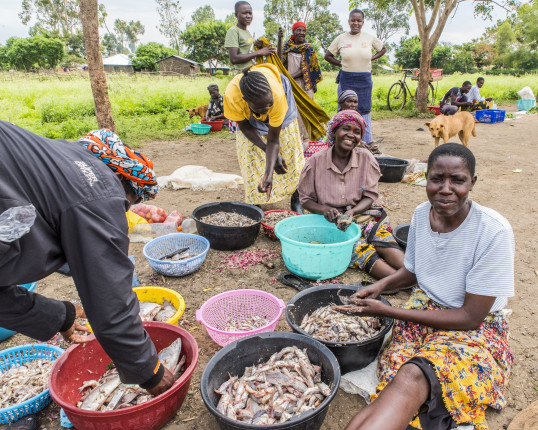
On the edge of beautiful, blue ocean waters in coastal Kenya’s Kilifi County, boats float on the surface of fish landing sites. The fish-eating birds in flight above the boats are a breathtaking sight—and they immediately elicit a sense of tranquility.
Over the past few months, I have traveled to various fish landing sites in Lake Victoria and on Kenya’s coast to continue my research on socioeconomic factors leading to the exclusion of women in the fisheries sector.
-
Building Peace by Formalizing Gold Mining in the Central Sahel
›The Central Sahel is increasingly deemed the new epicenter of terrorism, accounting for 35 percent of global terrorism deaths in 2021. Yet as the situation in the region continues to deteriorate, artisanal and small-scale gold mining (ASGM) both persists and proliferates. For instance, in Mali, where much of the region’s security crisis originates, this conundrum is laid bare.
-
Critical Mineral Recycling: What Does It Offer?
›
The technology that is an essential part of clean energy and the future economy relies heavily on critical minerals. Electric vehicles (EVs), computers, wind turbines, and even defense technology require large mineral inputs, raising concerns over the stability of supply chains and the ability to meet growing demand. An IEA report published in 2021 predicts that demand for critical minerals will escalate over the next two decades, with increases of “40 percent for copper and rare earth elements, 60 to 70 percent for nickel and cobalt, and almost 90 percent for lithium.”
-
How is Climate Change Affecting MENA? Local Experts Weigh In
›From the Wilson Center // April 21, 2023 // By Khalil Abu Allan, Eslam A. Hassanein, Gokce Sencan & Neeshad ShafiFor Earth Day 2023, members of the Agents of Change Youth Fellowship answered this question: What is the biggest environmental or climate change related challenge facing your community today? Their responses reveal a pattern of vulnerability facing the MENA region.
-
Women with Disabilities in Nigeria’s Mining Industry: Discrimination and Opportunities
›
Women and girls with disabilities worldwide are subject to multiple forms of discrimination—a fact that the 2022 International Day for Persons with Disabilities brings into sharp focus. Yet while all people with disabilities (PWD) face exclusion and widespread stigma, women face the additional burden of exclusion from full participation in economic and cultural activities. Both forms of discrimination result from the collaboration of outdated laws and prevalent societal stigmatization.
-
Retiring Coal? The Prospects Are Brighter Than They Appear
›
As COP27 draws to a close, the conference is proving to be a disappointment for environmental advocates focused on eliminating the planet’s number one emitter: coal-fired power.
Yet only a year ago, at the UN climate talks in Glasgow, it felt different. At that time, one could be forgiven for getting excited about the prospects for phasing out coal fired power. Countries had committed to ending its use. Tantalizingly, coalitions of international partners and multilateral development institutions also introduced mechanisms that could help finance closures at scale.
-
Deadlock in the Negotiation Rooms to Protect Global Oceans
›For decades, western multinational companies have been profiting by exploiting plant, animal, or microbial genetic resources obtained from less developed countries. Take the neem tree, for example. Since the 1990s, international companies have registered more than 70 patents on products derived from India’s “tree of life.” Yet these patents have prohibited local people from using these trees (as they had for centuries) to make cosmetics, fertilizers, and medicines.
International companies have now turned their eyes to the high seas in a new hunt for genetic resources. Concerned they will be left out of the potentially profitable patents once again, developing nations are demanding equitable use and benefit sharing of genetic resources in ongoing global ocean treaty negotiations.
-
Creating a Just Transition in Green Minerals: A New Video from the Wilson Center and its Partners
›We need minerals to build the solar panels, wind turbines, and other technologies that will decarbonize our economies—and we need a lot of them. The World Bank estimates that demand for lithium, cobalt, and graphite could jump by as much as 500 percent by 2050. Yet mining for these resources has had a fraught history, and it continues to be associated with a hefty list of human rights and conflict risks, including violence, child labor, poor working conditions, land rights abuses, environmental damage and pollution, and a lack of community participation.
Showing posts from category natural resources.


